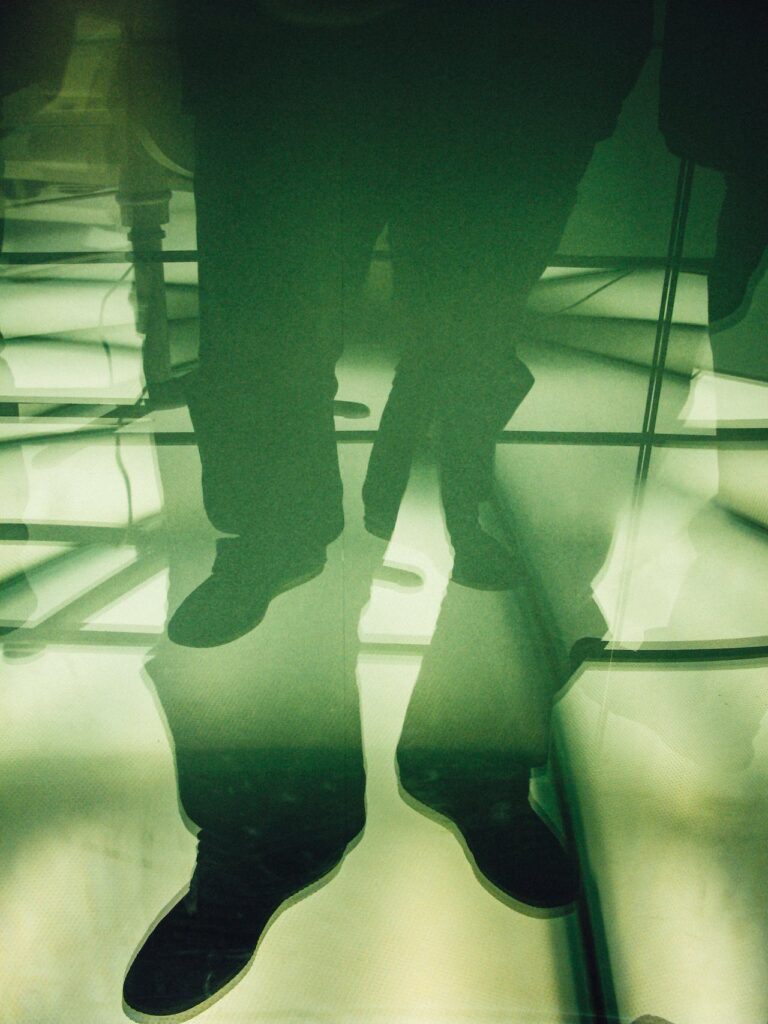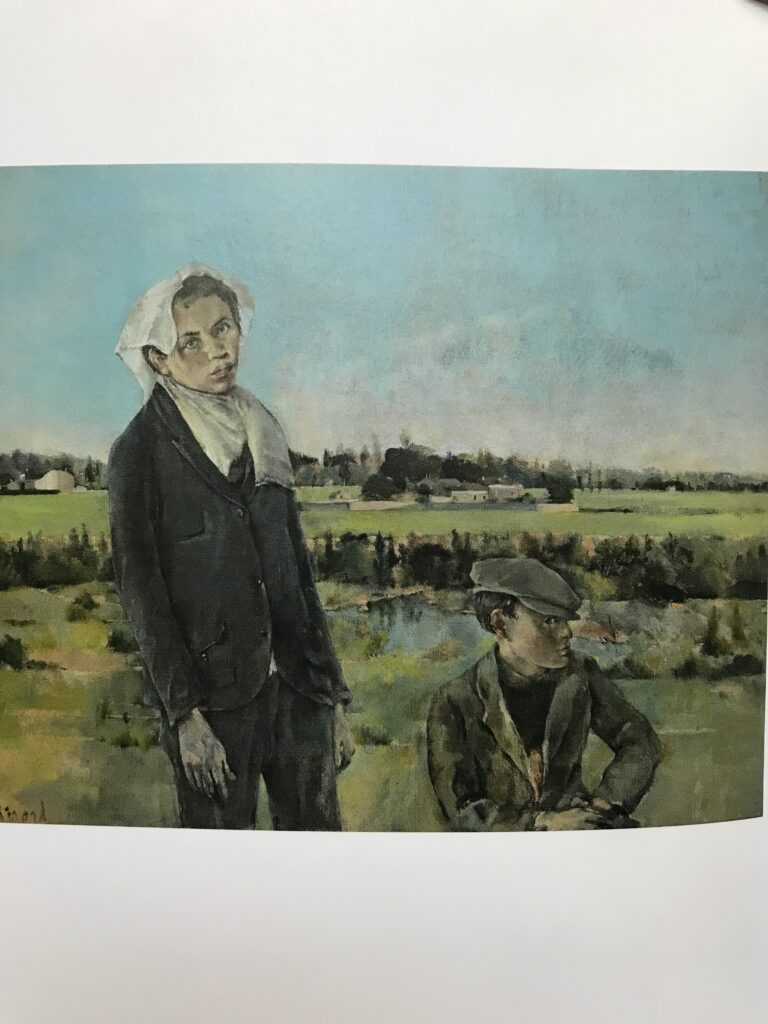Dictionaries are wonderful tools, and, as a translator, I use them every day. But, although I couldn’t do my job without dictionaries, I also couldn’t do it with dictionaries alone.
If you’ve ever studied a foreign language, you already know about faux amis or false friends: words that look as if they mean the same thing in two languages, but don’t. Like French librairie (bookstore) and English library, or Spanish embarazada (pregnant) and English embarrassed. These may trip up the beginning language learner, but once you’re proficient in a foreign language, they’re no longer an issue.
Words with hidden meanings are something quite different. They’re quite easy to understand on the surface. They have simple dictionary definitions. But sometimes, even though you know what they mean, you suddenly become aware that they’re being used in a different way. They have a hidden meaning that may not be immediately apparent.
One such word in French is vertige. A simple cognate, right? It means vertigo. But it’s used idiomatically in situations where we would never say vertigo in English. I happen to have come across it in the last two books I translated, and expressed it differently each time.
Color Charts: A History
In chapter three of this book (forthcoming in English from Princeton University Press next month), author Anne Varichon describes the development of synthetic pigments and dyes in the nineteenth century. She refers to le vertige des chimistes as they came to grips with these rapid changes. Clearly, the chemists do not have a medical condition! The word is being used idiomatically to indicate a mental state of confusion. I ended up translating this as “the disarray of chemists.”
Dior/Bérard
The word vertige comes up a few times in Laurence Benaïm’s joint biography of Christian Dior and Christian Bérard.
For instance, here is what art patron Lily Pastré writes to Bérard, along with my translation:
J’espère que le vertige du théâtre ne vous fera pas oublier trop longtemps que vous êtes aussi un grand peintre.”
I hope that the excitement of the theater will not make you forget for too long that you are also a great painter.”
Here, vertige describes something that is head-spinning in a positive way. The word excitement can express the same feeling in English.
Incidentally, these are the kinds of value judgments in translation that cannot be made by AI. Swamped with online evidence that vertige means vertigo, an AI or machine translation tool will translate the word this way every. single. time.
Creative translation requires awareness and judgment, two uniquely human qualities. Otherwise the hidden meanings will not come through.
Top photo by Pixabay, cat photo by Pixabay, vertigo photo by Francesco Ungaro, painting photo © Mark Woods from Dior/Bérard.




